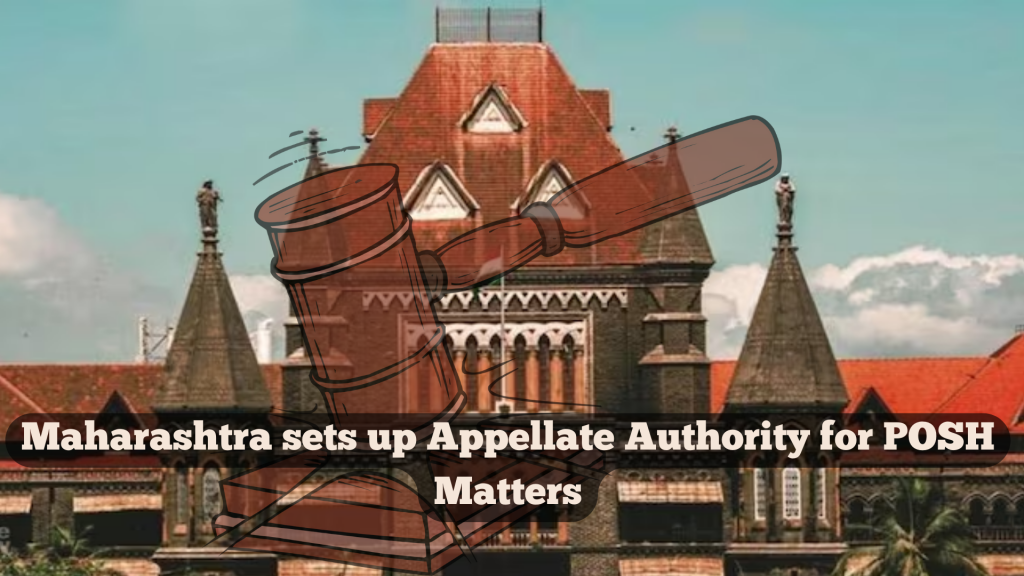
Maharashtra Establishes Appellate Authority For Posh Matters
Judgement Given On : 26/08/2019
In a significant legal development, the state of Maharashtra has taken a crucial step to ensure the effective implementation of the Sexual Harassment of Women at Workplace (Prevention, Prohibition, and Redressal) Act, 2013 (“POSH Act”) by appointing an Appellate Authority. This move follows a writ petition filed before the Bombay High Court, shedding light on the necessity of such an authority.
The case in question, Dasharath Kallappa Bhosale vs. State of Maharashtra & Ors., saw the petitioner, Dasharath Kallappa Bhosale, approaching the Bombay High Court through a writ petition filed under Article 226 of the Constitution. The central issue before the court was the existence of a notification under Rule 11 of the POSH Rules regarding the Appellate Authority, and if not, when such notification would be issued.
The origin of this matter stems from the findings of the Local Complaints Committee in Pune, which had found the petitioner guilty of sexual harassment, subsequently imposing penalties under the POSH Act. In response to this, the petitioner chose to appeal the decision before the Industrial Court in Pune. However, the Industrial Court declined to entertain the appeal on the grounds that it lacked jurisdiction due to the absence of a notification as required by Rule 11 of the Prevention of Sexual Harassment Rule 2013.
To appreciate the significance of this development, it is essential to refer to Section 18 and Rule 11 of the POSH Act and Rules. Section 18 of the POSH Act empowers aggrieved parties to appeal recommendations made under various sections of the Act. It specifies that such appeals should be filed in accordance with the relevant service rules or, in the absence of such rules, as prescribed. Rule 11 of the POSH Rules complements Section 18 by detailing the appellate process. It directs aggrieved parties to prefer appeals to the appellate authority, as notified under clause (a) of section 2 of the Industrial Employment (Standing Orders) Act, 1946.
Further, on 11th March 2021, the Bombay High Court, after careful consideration, issued an order. It directed the concerned authorities to submit an affidavit explaining whether they had issued the notification under Rule 11 of the POSH Act to designate the Appellate Authority. Furthermore, if such notification had not been issued, the court sought information on the timeframe within which it would be issued.
In response to the court’s directive, and notably, over seven years after the enactment of the POSH Act, the Government of Maharashtra, as the appropriate government, took action. They appointed 20 Industrial Courts constituted under Section 10 of the Maharashtra Industrial Relations Act as the Appellate Authority. This Appellate Authority is tasked with exercising the functions outlined in the POSH Act, specifically in relation to industrial establishments for which the State Government holds jurisdiction as the appropriate authority.
This decisive action by the Government of Maharashtra signifies a significant step toward ensuring that the provisions of the POSH Act are effectively implemented and that individuals have access to the statutory appellate mechanism envisioned by the legislature. It serves as an essential milestone in promoting a safe and harassment-free workplace environment for women across the state.
In conclusion, the establishment of the Appellate Authority in Maharashtra underscores the commitment of the state government to uphold the principles of justice and gender equality. It also reinforces the vital role of the judiciary in holding authorities accountable and ensuring that statutory provisions are faithfully executed for the welfare of the society.
